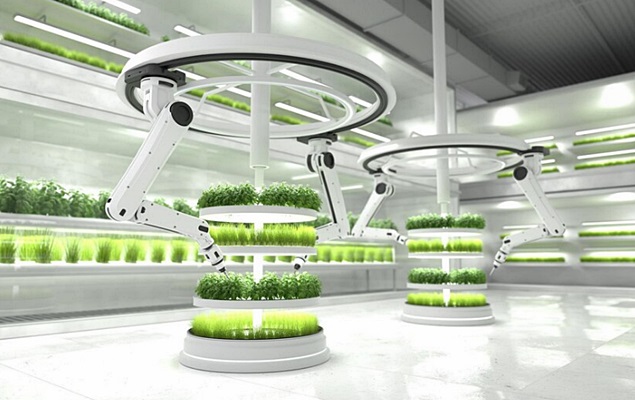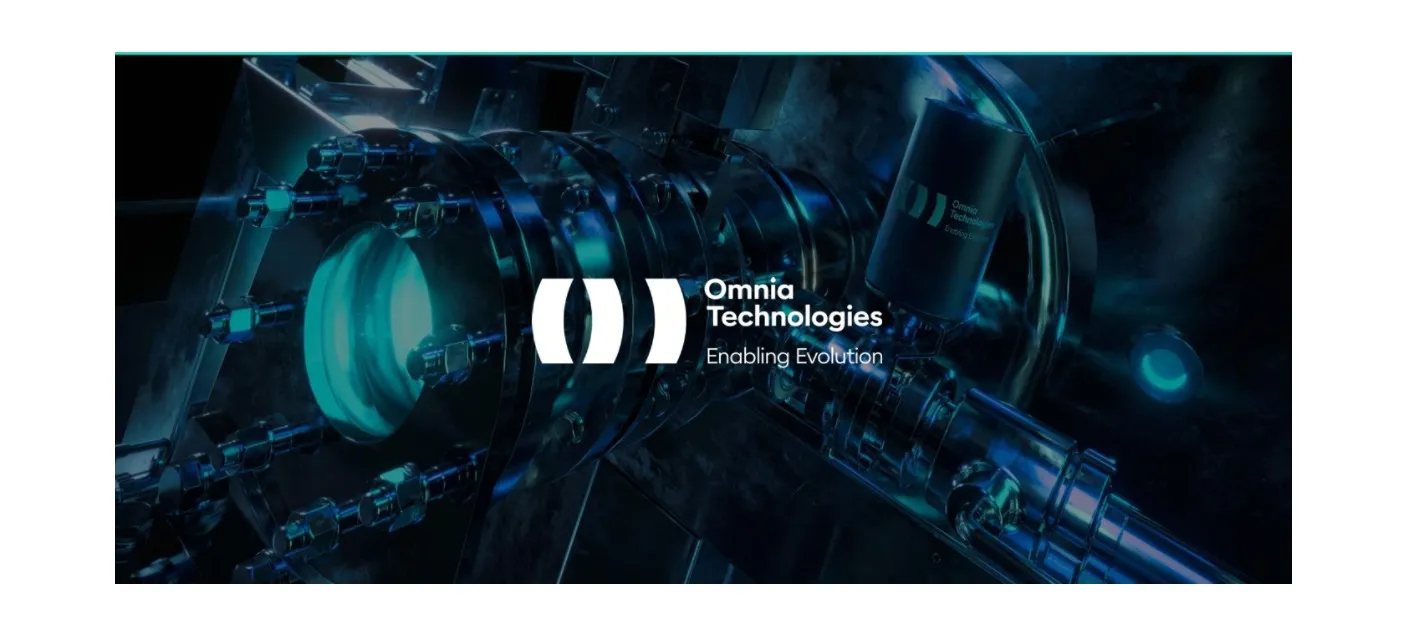1636

According to FoodNavigator, Artificial Intelligence (AI) and digital technologies are increasingly being used by food and nutrition companies. This summary analyzes the latest events in the Asia-Pacific region, such as how Insilico Medicine, SRW Medicine, and Yili are using AI for developing new products. It also discusses some limitations behind tools like ChatGPT.
AI-powered chatbots, such as ChatGPT, could enhance nutritional communication by providing real-time food analyses. However, researchers emphasize that they cannot fully replace human nutritionists.
ChatGPT has also shown limitations in providing personalized dietary advice, including specific nutritional recommendations and precise portion sizes.
This is in line with a cross-sectional study investigating the reliability of AI in determining the energy and macronutrient content of 222 foods using inputs in different languages such as English and Traditional Chinese.
Chinese dairy product giant Yili believes that Artificial Intelligence (AI) in product innovation lies in improving formulation and efficiency. However, the company has cautioned that it is not a silver bullet for creating good outcomes for the final product.
Yili developed its own in-house version of the AI platform Chat-GPT, called Yili-GPT, several years ago.
It sought to use this internally to address issues in various business domains and concluded that it is "useful but limited" in terms of generating results, said Tiger Shang, General Manager of Yili Digital Technology Center.
Drug discovery specialists in Artificial Intelligence (AI), Insilico Medicine, are collaborating with New Zealand-based SRW laboratories to develop new longevity nutraceutical products.
The first project of the partnership will focus on developing next-generation anti-aging and longevity nutraceuticals.
The process may be divided into two parts: 1) using the platform to identify different mechanisms and pathways associated with age-related diseases and then 2) evaluating how different compounds could affect the pathways through experiments with cellular models.
Digital channels increasingly drive purchasing decisions in stores in Asia, meaning understanding the online-offline mix is crucial to boosting sales, says Mondelez.
According to Mondelez's Vice President of Strategy and Commercial Excellence AMEA, Tomas Centeno, a significant portion of its in-store sales are influenced by the digital domain.
Consumers' more sophisticated requirements, such as personalization, are likely to become more widespread based on the experiences they enjoy online, as well as the growing demand for more sustainable products, he said.
South Korea's Monolabs, rooted in mobile gaming, is launching its personalized nutrition service "I AM" in China via the WeChat mobile messaging app, making the country its first overseas personalized nutrition market.
Speaking to NutraIngredients-Asia at the Singapore Week of Innovation and Technology (SWITCH) event, Lauren Koo, Business Director, said the company will bring its personalized nutrition services to China from December 2023, making China its first overseas market.





